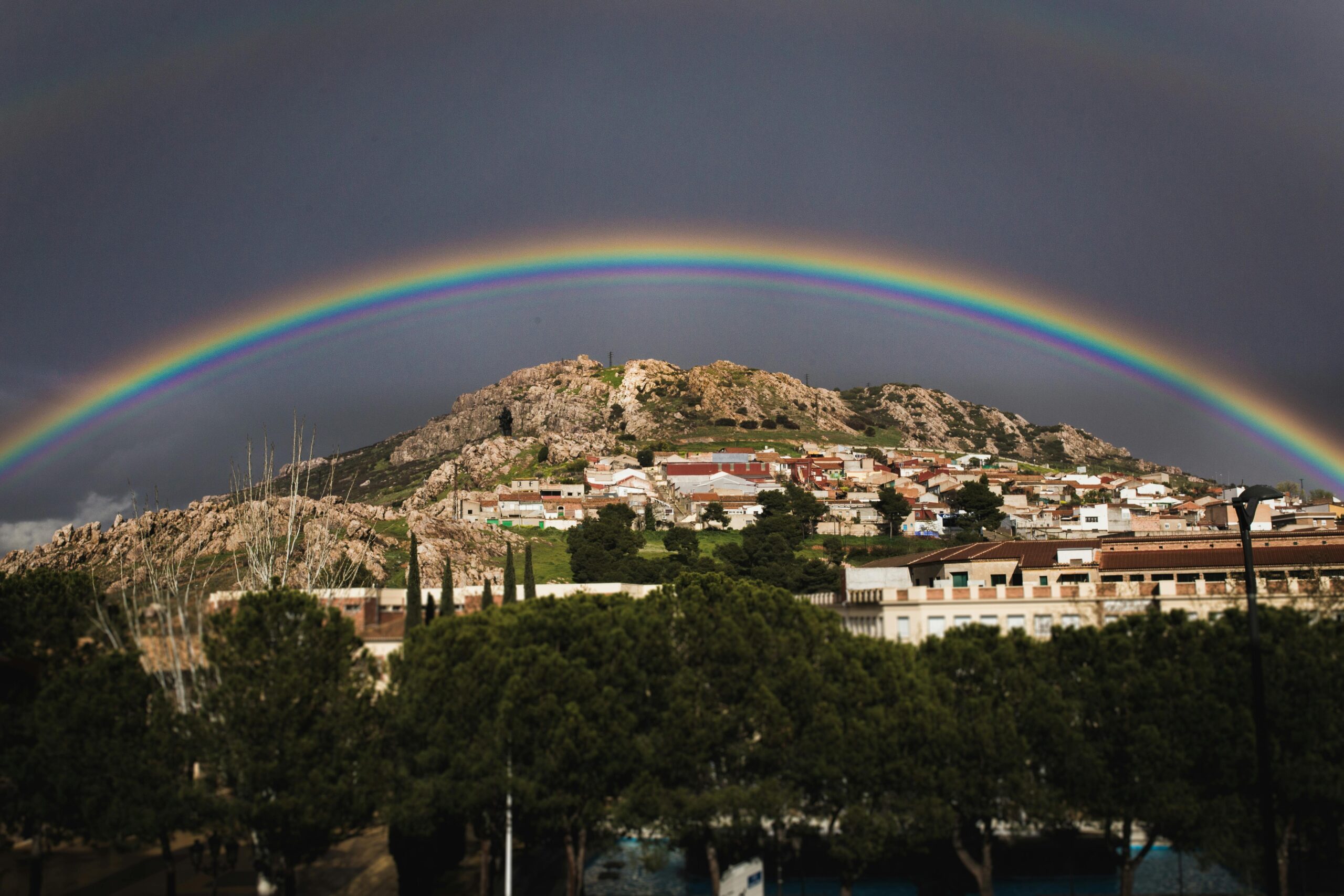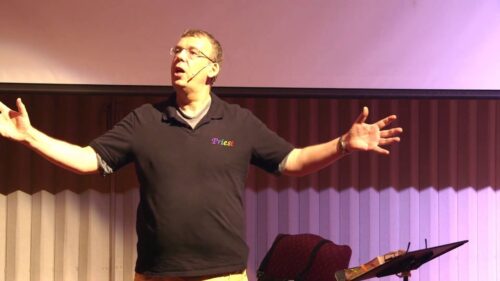Below is an essay based on stories in the new book Why I Remain a Gay Catholic, published in June by Paulist Press.
For the past 30 years, my four brothers and I have spent a weekend together every spring. In our younger days, we’d take canoe trips on the Delaware River where we’d camp out on little flea-ridden islands. More recently, we rented a condo at the Jersey Shore near a golf course and abundant fishing spots. We include brothers-in-law and nephews if they are interested. Usually, the trips draw about 10 of us, drinking Old Granddad and one-upping one another with foul language as we play poker and pool, raving about the Philadelphia Eagles, Lance Armstrong, the Tour de France and NASCAR. Occasionally, toward midnight, we’ll discuss religion and politics—but not too much.
My nine sisters also got together like this, usually at the seashore, beginning around when our mother died in 1975. They include the sisters-in-law, but not the nieces—there are too many of them. “Start your own group,” they were encouraged. These weekends are mainly terrific. We realize we are very blessed as a family to even want to get together. These gatherings bond us through the rest of the year. The brothers and brothers-in-law initiate the younger males into how to be Morrissey men, while the nephews keep us abreast of the latest music and computer software. Mostly, these weekends allow a space to talk about male things, even if that’s just bragging about the Eagles and the big fish that we once caught.
Over a few years, I realized there’s another key difference between our trips and the sisters’. After these weekends, I still didn’t know what was going on with my brothers, nor they with me. They know that I am gay—I came out to them some years before—but they really don’t know my struggle to hold the fact that I am gay alongside my identity as a priest. On one of these weekends, I got up the gumption between action movies to suggest that the brothers might want to take some time while we were together to go around the room and say what was happening with each of us. By their reaction, you might have thought I was suggesting a Jonestown-style ritual.
“What!?” screamed Leo, the youngest, gearing up to mock me. “You want us to share our feelings—like the sisters do?!” The room exploded in laughter, and we became competitive to prove we weren’t wimps. I howled along with the rest, at least halfway in self-defense, even though I knew my brothers loved me.
Unless I surrender to their dynamic, while drinking quite a few beers, I sometimes find myself more silent at these events, which is not my normal nature. It is just that one almost needs to get violent to break into the discussion, and of course, pepper stories with appropriate sexual putdowns and near-blasphemies. And even though I do root for the Eagles, I’m far less devoted than my brothers—unless they are in the Super Bowl.
To take a break from the banter one year, I decided to walk to a supermarket to buy some milk, orange juice and donuts for breakfast on Saturday morning. As I walked alone through the shadowy mist, I thought of how I often got lost in this male dynamic. Maybe I would do better at the sisters’ weekends, but their total communication would overwhelm me, too. I was too independent to be with my sisters and too sensitive to feel at home among the aggressive competition of my brothers. All 13 of my siblings had married; all but two had children. I was always a little out of the ordinary.
A voice came to me: You’re gay. That’s why you exist. You are a bridge between these worlds, even if it sometimes leaves you feeling like you don’t belong to either.
I thought of all the gay and lesbian people in the world, how so many of us work in the helping professions, how we are the cement of the world—foundational, but often unrecognized. What would it be like if we stopped helping the world raise its children for a single day? What would the church do if gay priests had a sick-out one Sunday a month?
The voice again: That’s why you’re here. That’s why I created you. Don’t ever stop believing in this vocation, no matter what is said of you.
As I rounded a corner, I remembered a Pueblo dance I saw visiting the Southwest some years before. During the main procession, men and women marched in lockstep precision, while other garishly painted figures—koshares—darted in and out among them, trying to throw the procession off-balance with ribald gestures and chaotic movements.
Later, when I asked the tribal leader about this, he responded:
The whole array is under the one canopy of the Great Spirit. Neither the perfectly ordered procession nor the koshares are complete in themselves. We are one family that all need one another. The perfectly-in-step ones portray the core traditions of our people, while the koshares remind us that we will always be a little off-balance. Otherwise, the precision dancers might believe that they alone are guided by the Great Spirit.
Once more, the voice came to me as I walked: Gay and lesbian people are in this tradition. Humanity is one family, but your vocation is to throw the others off-balance. The Great Spirit holds this paradox together.
As I approached the supermarket, I thought of how being gay is a liminal, in-between identity, helping men and women to bridge their differences, because we’ve never fit cleanly in heteronormative gender roles. I thought of my hunger for prayer, and speculated that ultimately, people like me are almost compelled to be this same bridge between the human race and the divine.
I read in Mark Thompson’s Gay Spirit: Myth and Meaning that it is natural throughout history for gay, lesbian, bisexual and transgender people—queers—to be priests and shamans. Those who can hold together the paradox of either-or, male-female, spiritual-sexual, human-divine have always been God’s messengers. And often, because of this bridging role, we don’t have children of our own.
Consoled by these images, I entered the store and bought the fixings for breakfast, wondering whether I was throwing my brothers off-balance or whether they were doing so for me. It didn’t matter; we needed one another. If only the church could hold this paradox together—the pope and the church teaching in the center, even as an ideal—and the people with their conscience decisions weaving in and out, reminding us that the Holy Spirit is present to all. Wasn’t Jesus like this, weaving in and out of the synagogue discussions and temple rituals, throwing people off balance, and still throwing us off balance, too, if we let him? But, will we?
I walked back through the misty night to our family tribe, glad to be a member of the LGBTQ tribe, too, with our vocation as the dancing clowns, imagining how I might swear even more outrageously than the rest of them before the night was done.




